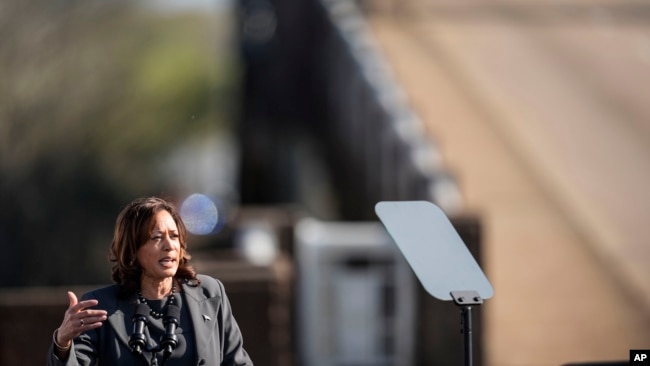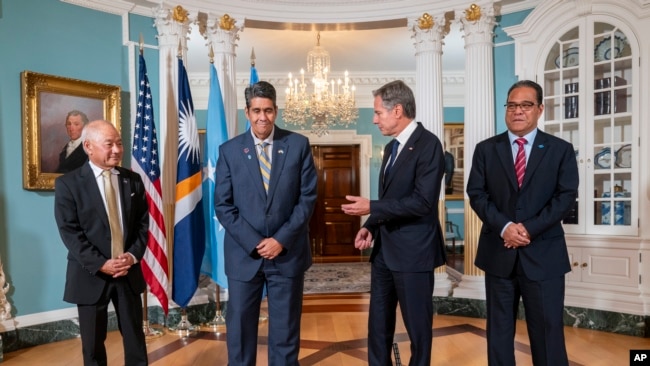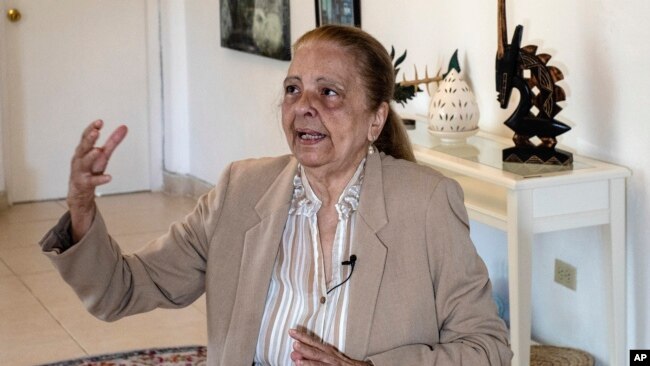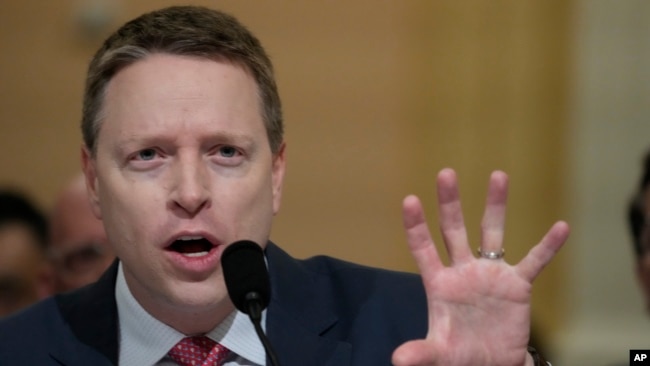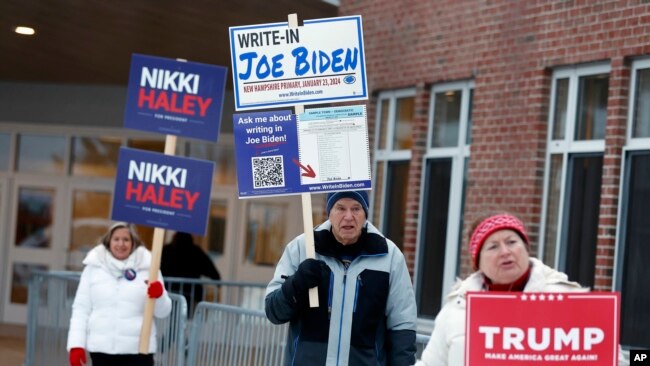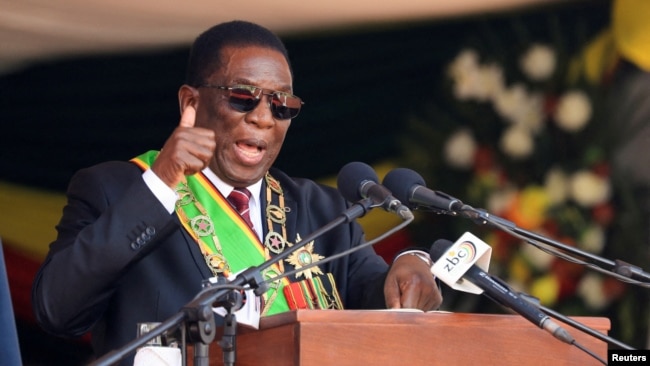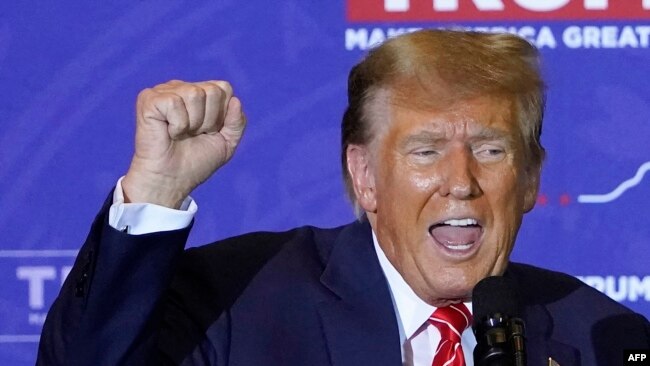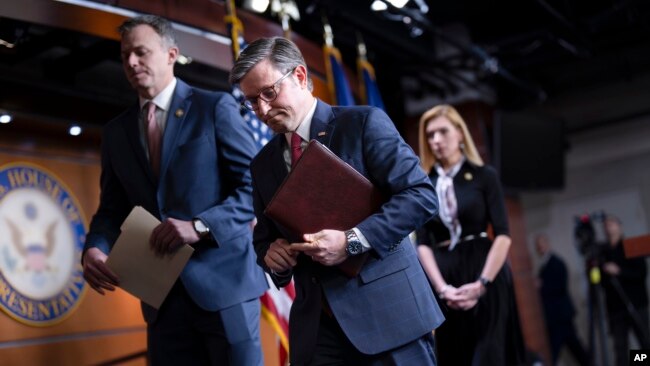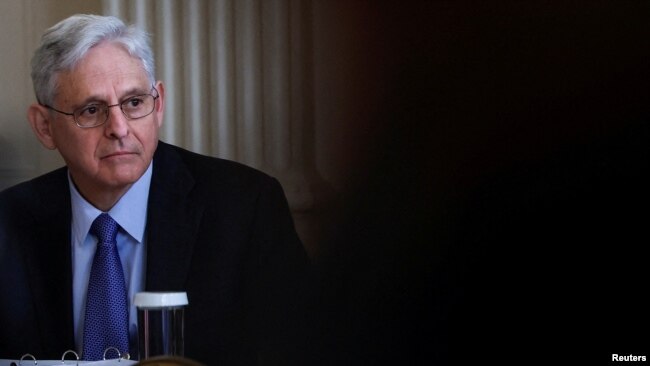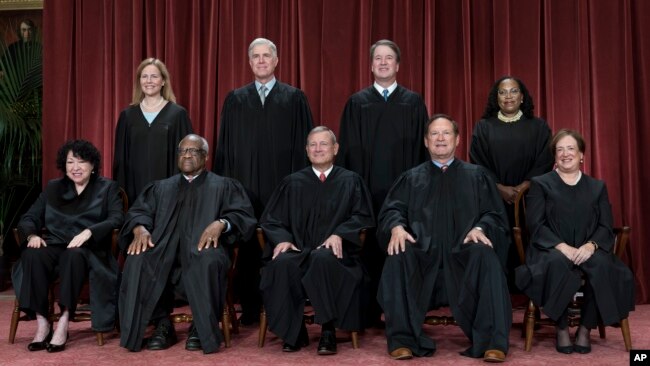경제 전문가들 “달러 강세, ‘고립된 북한 경제’에 영향 미미…‘물가 상승’은 부담”
Economic experts said, "The strong dollar has little impact on the 'isolated North Korean economy'...""Price rise" is a burden
페이지 정보
작성자 조은정 작성일 22-09-27 05:30 댓글 0본문
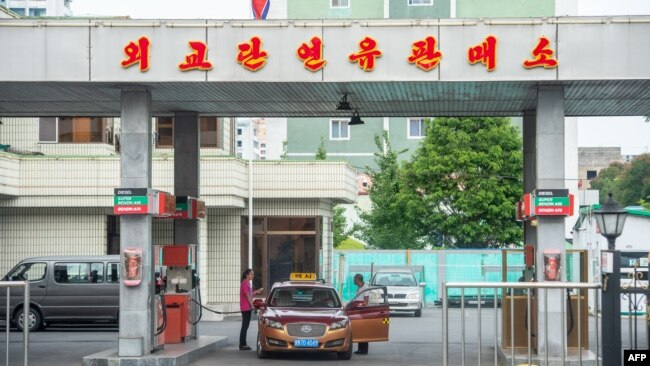
지난달 25일 북한 평양의 주유소.
On the 25th of last month, a gas station in Pyongyang, North Korea.
미국 달러화의 초강세가 아시아 등 세계 금융시장에 충격을 주고 있지만 북한은 국제 금융체제와 무역망에서 고립돼 있어 큰 영향을 받지 않을 것이라고 경제 전문가들이 진단했습니다. 다만 전 세계적인 물가 상승이 북한의 물자 확보에는 어려움을 줄 것으로 전망했습니다. 조은정 기자가 보도합니다.
Economic experts diagnosed that the U.S. dollar's super strength is shocking global financial markets such as Asia, but North Korea will not be affected much because it is isolated from the international financial system and trade network. However, global inflation is expected to make it difficult to secure North Korea's supplies. Reporter Cho Eun-jung reports.
미국 민간단체인 코리아 소사이어티의 토마스 번 회장은 미국 달러화의 초강세가 북한 경제에 주는 영향은 ‘미미하다(muted)’고 진단했습니다.
Thomas Byrne, chairman of the U.S. private organization Korea Society, diagnosed that the impact of the U.S. dollar's super strength on the North Korean economy is "muted."
국제신용평가기관 무디스의 아시아태평양 담당 수석부사장을 지낸 번 회장은 26일 VOA와의 전화 통화에서 “북한이 국제 무역을 많이 하지 않고 국제 금융 활동도 전무하다”며 이같이 말했습니다.
"North Korea does not do much international trade and has no international financial activities," said Burn, who served as senior vice president of Asia-Pacific affairs at Moody's, an international credit rating agency, in a telephone interview with VOA on the 26th.
[녹취: 번 회장] “Since North Korea doesn’t have any foreign debt to pay, it’s totally meaningless, the fall in local currency against the dollar.”
[Recording: Chairman Byrne] "북한은 갚아야 할 외채가 없기 때문에 달러 대비 원화 가치 하락은 전혀 의미가 없습니다."
번 회장은 2021년 북한의 대외무역이 7억 1천만 달러에 그쳤다는 한국은행의 발표를 언급했습니다.
Byrne mentioned the Bank of Korea's announcement that North Korea's foreign trade in 2021 was only $710 million.
또한 “북한이 (달러로) 갚아야 할 대외 부채가 전혀 없기 때문에 현지 통화 가치가 달러화에 대해 하락하는 것은 의미가 없다”고 말했습니다.
He also said, "There is no point in the local currency depreciating against the dollar because North Korea has no external debt to pay back (in dollars)."
국제 무역과 금융 거래의 주요 통화로 사용되는 달러화의 강세가 최근 이어지면서 미국을 제외한 국제 경제의 불안 요인으로 작용하고 있습니다.
The recent strength of the dollar, which is used as a major currency for international trade and financial transactions, has contributed to the instability of the international economy except for the United States.
26일 서울 외환시장에서 원-달러 환율은 전 거래일보다 22.0원 오른 1431.3원에 마감했습니다. 이는 글로벌 금융위기 당시인 2009년 3월 이후 최고 기록입니다.
On the 26th, the won-dollar exchange rate closed at 1431.3 won, up 22.0 won from the previous trading day in the Seoul foreign exchange market. This is the highest record since March 2009 during the global financial crisis.
이 같은 ‘강달러 현상’은 이미 느려진 세계 경제 성장을 더욱 둔화하는 것은 물론 다른 나라들의 물가상승을 부채질하고 있어 각국의 관계 당국은 대책 마련에 부심하고 있습니다.
The "strong dollar" is not only slowing global economic growth, but also fueling inflation in other countries, prompting authorities in each country to come up with measures.
북한 경제 전문가인 브래들리 뱁슨 전 세계은행 고문은 이런 달러 강세가 미국으로부터 물건을 직접 수입하거나 달러화로 국가 부채를 갚아야 하는 국가들에 큰 어려움을 주고 있다며, 하지만 북한은 그 경우가 아니라고 말했습니다.
Former World Bank adviser Bradley Babson, a North Korean economist, says the dollar's strength poses great difficulties for countries that import goods directly from the U.S. or have to pay off their national debt in dollars, but that's not the case.
[녹취: 뱁슨 전 고문] “Countries that have sovereign debt denominated in U.S. dollars are going to have to pay more local currency to be able to purchase the dollars to pay off their debt. That’s not a big issue for North Korea because they don’t have any debt in U.S. dollars so they’re not really exposed to that problem the same way a lot of other countries are.”
[Recording: Former adviser Bapson] "미국 달러로 표시된 국가 부채를 가진 국가들은 빚을 갚기 위해 달러를 구입할 수 있도록 더 많은 현지 통화를 지불해야 할 것입니다. 북한에는 큰 문제가 되지 않습니다. 왜냐하면 그들은 미국 달러로 된 어떤 부채도 가지고 있지 않기 때문에 다른 많은 나라들처럼 그 문제에 실제로 노출되지 않기 때문입니다."
뱁슨 전 고문은 “달러 표시 부채를 가진 나라들은 상환을 위해 현지 통화를 더욱 많이 지불해야 하는 상황”이지만 “북한은 달러화 부채가 전혀 없기 때문에 많은 다른 나라들과 달리 이 문제에 노출돼 있지 않다”고 분석했습니다.
"Countries with dollar-denominated debt have to pay more local currency for repayment," said Babson, a former adviser, but "North Korea is not exposed to this problem unlike many other countries because it has no dollar debt."
다만 달러화 강세로 인한 전 세계적인 물가 상승은 북한 정부와 주민들에게도 영향을 미칠 것으로 전문가들은 내다보고 있습니다.
However, experts predict that global inflation due to the strong dollar will also affect the North Korean government and its people.
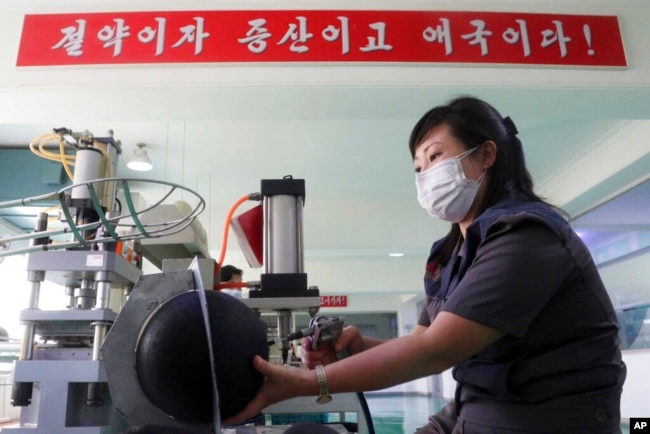
지난 6월 북한 평양의 체육용품 공장.
A sports goods factory in Pyongyang, North Korea, in June.
아시아 무역 전문가인 윌슨센터의 고토 시호코 동북아시아 선임연구원은 “북한이 과거엔 수입할 수 있었던 물건들에 대한 값을 치르는 것이 훨씬 어려워질 것”이라고 말했습니다.
"It will be much more difficult for North Korea to pay for things it could have imported in the past," said Shihoko Goto, a senior researcher at Wilson Center, an Asian trade expert.
[녹취: 고토 연구원] “It’s going to be a lot harder for them to pay for the goods that they were able to get if they were able to access them in the first place. And I also want to point out, it’s not just the high-end luxury goods, it’s basic things like energy and foodstuff as well, and those are all facing a lot of pressure right now, you’ve got a supply chain disruption. You still have the imbalance in terms of access to these critical goods.”
[Recording: Researcher Goto] "애초에 그들이 접근할 수 있다면 그들이 얻을 수 있었던 물품에 대한 비용을 지불하는 것은 훨씬 더 어려울 것입니다. 그리고 제가 지적하고 싶은 것은, 그것은 고급 사치품뿐만 아니라 에너지와 식품과 같은 기본적인 것들입니다. 그리고 그것들은 모두 지금 많은 압박에 직면해 있습니다. 공급망 붕괴를 겪고 있습니다. 당신은 여전히 이러한 중요한 상품에 대한 접근 측면에서 불균형을 가지고 있습니다."
특히 달러 강세 속에서 “사치품뿐 아니라 에너지나 식량과 같은 기본적인 물품들도 전 세계적으로 수급 압박, 공급망 교란, 접근의 불균형을 겪고 있다”고 지적했습니다.
In particular, amid the strong dollar, he pointed out that "basic goods such as energy and food, as well as luxury, are experiencing supply-demand pressures, supply chain disruptions, and imbalances in access around the world."
고토 연구원은 “여러 국가가 이런 요인들을 붙잡고 씨름하고 있다”며 북한은 “이 영향을 더욱 강하게(acute) 느낄 것”이라고 말했습니다.
Researcher Goto said, "Many countries are struggling with these factors," adding, "North Korea will feel the impact even stronger."
코리아 소사이어티의 번 회장도 북한이 수입품에 대해 대가를 더욱 많이 지불해야 하는 상황은 북한 경제에 부담이 될 것이라고 진단했습니다.
The chairman of the Korea Society, Byrne, also diagnosed that the situation in which North Korea has to pay more for its imports would be a burden on the North Korean economy.
[녹취: 번 회장] “Given global inflation, whatever North Korea got is paying, they got to pay more for the same kilogram of corn that they imported from China.”
[Recording: Chairman Byrne] "세계적인 인플레이션을 고려할 때, 북한이 무엇을 지불하든 간에, 그들은 중국에서 수입한 것과 같은 킬로그램의 옥수수에 대해 더 많은 돈을 지불해야 합니다."
번 회장은 “(가령) 북한이 중국에서 옥수수를 수입할 때 같은 무게에 대해 과거 지불했던 것보다 높은 가격을 내야 할 것”이라고 말했습니다.
Chairman Byrne said, "(For example) North Korea will have to pay a higher price than it had paid in the past for the same weight when importing corn from China."
북한 경제 전문가인 윌리엄 브라운 메릴랜드대 교수도 북한이 다른 나라들보다는 달러화 강세의 영향을 크게 받지 않는다면서도, 달러 강세가 계속되면 북한의 경기 침체를 더욱 악화시킬 수 있다고 분석했습니다.
William Brown, a professor at the University of Maryland, a North Korean economist, also analyzed that North Korea is not significantly affected by the dollar's strength compared to other countries, but that if the dollar continues to strengthen, it could worsen the North's economic downturn.
브라운 교수는 달러 대비 북한 원화 환율이 26일 달러당 8천 원이었다면서, 연초에 비해서 소폭 하락했을 뿐이라고 말했습니다.
Professor Brown said the North Korean won's exchange rate against the dollar was 8,000 won per dollar on the 26th, only slightly down from the beginning of the year.
그러면서 북한 당국이 화폐를 많이 찍지 않는 금융 긴축 정책으로 환율 안정을 유지하고 있으며, 이것이 경기에 나쁜 영향을 준다고 브라운 교수는 주장했습니다.
In the meantime, Professor Brown argued that the North Korean authorities are maintaining exchange rate stability through a financial tightening policy that does not print much currency, which has a bad effect on the economy.
[녹취: 브라운 교수] “The tight monetary policy has a good effect on inflation and a good effect on the value of your currency. It has a really bad effect on investment spending in the economy itself, pushes the economy into recession.”
[Recording: Professor Brown] "긴축 통화 정책은 인플레이션에도 좋은 영향을 미치고 통화 가치에도 좋은 영향을 미칩니다. 그것은 경제 자체에 대한 투자 지출에 정말 나쁜 영향을 미치고 경제를 불황으로 몰아넣습니다."
브라운 교수는 “금융 긴축 정책은 인플레이션을 잡고 통화 가치를 지키는 역할을 하지만, 투자를 저해하고 경기 침체를 불러온다”고 설명했습니다.
Professor Brown explained, "Financial austerity measures play a role in controlling inflation and protecting the value of the currency, but they hinder investment and lead to an economic downturn."
이어 앞으로 북중 교역 재개를 통해 북한의 수출이 늘어나면 경제에 긍정적인 영향을 줄 수 있지만, 수입만 늘어나 무역수지 적자가 확대되면 외화가 더욱 많이 유출될 수 있다고 브라운 교수는 지적했습니다.
Professor Brown pointed out that an increase in North Korea's exports through the resumption of trade between North Korea and China in the future could have a positive impact on the economy, but if the trade deficit expands due to an increase in imports alone, more foreign currency could leak out.
VOA 뉴스 조은정입니다.
I'm Cho Eun-jung from VOA News.
출처 : VOA한국
댓글목록 0
등록된 댓글이 없습니다.


